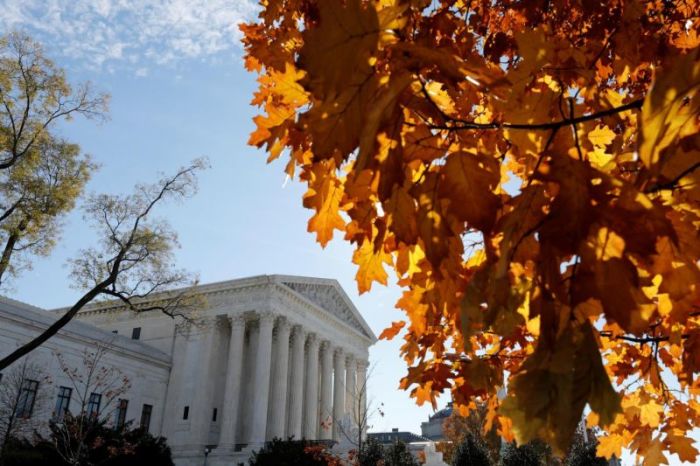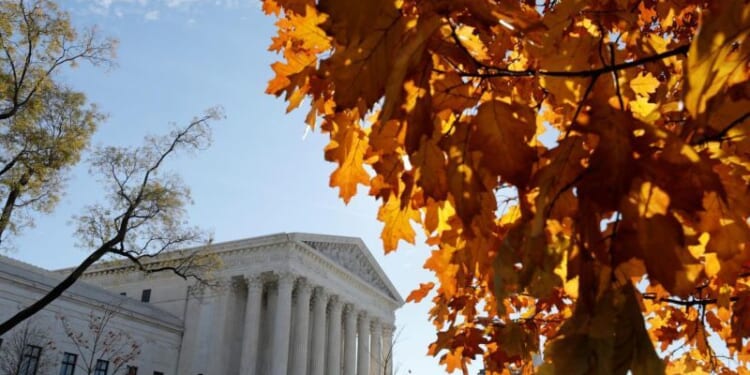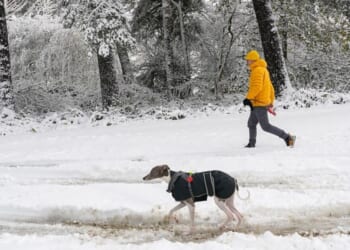Teen posing as over 18 says app matched him with 4 men who raped him

The U.S. Supreme Court has declined to hear the case of an alleged rape victim against Grindr, allowing a lower court ruling to stand that the LGBT social media platform isn’t responsible for the actions of its users.
In an orders list released Tuesday morning, the Supreme Court declined a request to hear oral arguments in the case of John Doe v. Grindr, Inc. et al, as well as denied a motion from the Public Health Advocacy Institute to file an amicus brief.
The high court’s decision not to hear an appeal in the case allows an earlier decision from the U.S. Court of Appeals for the Ninth Circuit in favor of Grindr to stand.
In 2019, a then 15-year-old Doe opened an account with Grindr, falsely claiming that he was over 18. According to Doe, the app matched him with four men, all of whom raped him.
Doe sued Grindr, accusing the app of negligence and failing to create a safe environment for users, as well as allegedly violating the Trafficking Victims Protection Reauthorization Act (TVPRA).
A district court ruled against Doe, concluding that he failed to prove that Grindr violated the TVPRA and that his other claims were barred under Section 230 of the Communications Decency Act.
Passed by Congress in 1996, Section 230 of the Act provides social media entities with immunity from civil liability over third-party content that was posted on their online platforms.
The National Center on Sexual Exploitation spotlighted the case in its “Dirty Dozen” list earlier this year, seeing it as evidence that the federal law is wrongfully shielding social media platforms from accountability.
“Section 230 has been interpreted to protect tech companies from facing repercussions when their platforms harm their users, even when the company clearly took an active role in causing that harm,” stated NCOSE.
In February, a three-judge panel of the Ninth Circuit upheld the district court decision, with Circuit Judge Sandra Ikuta, a George W. Bush appointee, authoring the unanimous opinion.
“Because the defendant acted as a publisher, and third-party communications caused the harm to the victim, the defendant was immune from liability under [section] 230,” wrote Ikuta.
“Doe does not allege that Grindr had independent knowledge of a conspiracy, and Grindr’s role as a publisher of third-party content does not give it a duty to warn users of ‘a general possibility of harm’ resulting from the App. … Therefore, [section] 230 bars this claim.”

















